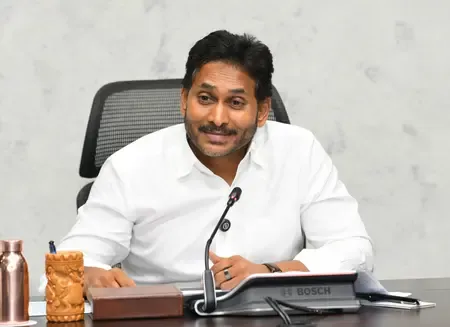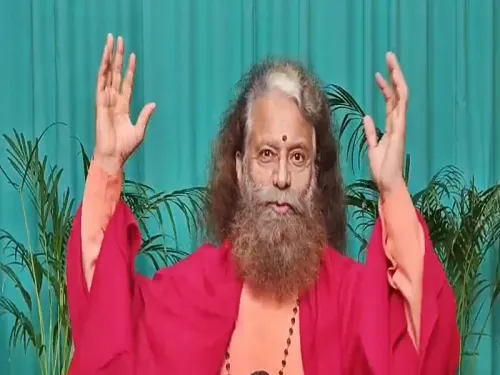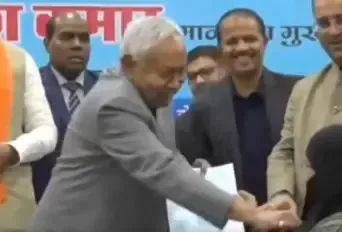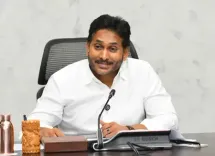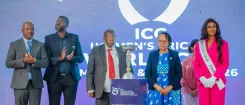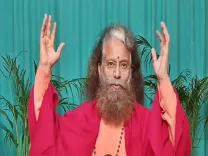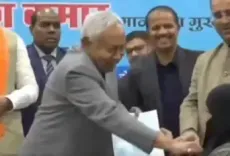Terrorism: A Stern Call for Global Unity, Says Vice President Dhankhar
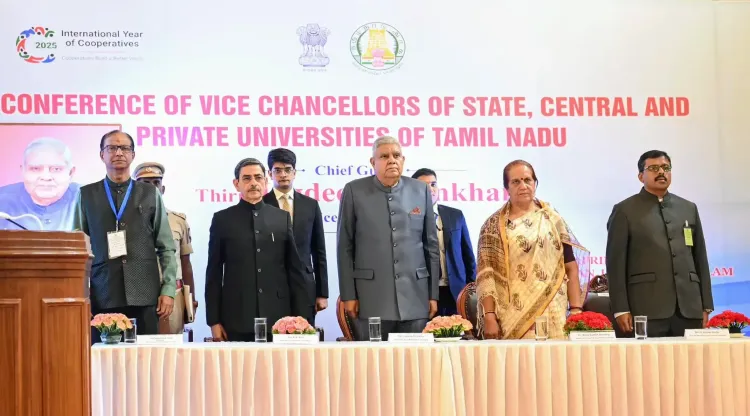
Synopsis
Key Takeaways
- Terrorism requires a united global response.
- National interests should be prioritized over partisan ones.
- The National Education Policy promotes learning in mother tongues.
- Holistic education development is emphasized.
- Collaboration among institutions is crucial to address challenges.
New Delhi, April 25 (NationPress) Vice President Jagdeep Dhankhar emphasized on Friday that the Pahalgam attack serves as a stern reminder that terrorism is a global issue requiring a collective response from humanity.
During his address at the Inaugural Session of the Conference of Vice-Chancellors from State, Central, and Private Universities in Tamil Nadu, Dhankhar expressed his belief that under Prime Minister Narendra Modi's leadership, the nation's progress would remain unaffected by any challenges, whether internal or external.
“We must resolve to prioritize the nation; national interests must never be conflated with partisan interests. They should always take precedence above all else, free from any political, personal, or group-related influences,” he stated.
Discussing the transformative National Education Policy, the Vice President remarked: "After three decades of comprehensive stakeholder input, we have evolved the National Education Policy. This framework aligns with our civilizational values, promotes multidisciplinary learning, and prioritizes Indian languages. It positions education as the holistic development of individuals, rather than just a pathway to employment."
He highlighted, “The most crucial aspect of the National Education Policy is its allowance for students to learn in their mother tongue.”
Vice President Dhankhar noted that the policy has liberated us from the colonial educational framework. “Even fields like medicine and engineering are now being taught in local languages, which was once merely a dream,” he added.
He urged educational institutions to fully embrace the policy: “I implore all faculty and directors to diligently study the National Education Policy to grasp its true intent and objectives, ensuring we can reap its benefits.”
Further stressing the need for an evolving academic landscape, he pointed out: “Today, not just Bharat, but the entire globe encounters significant challenges, including rapid technological disruptions. A pressing concern for vice-chancellors is faculty availability, retention, and recruitment. I encourage all of you to collaborate and share resources. Utilize technology; isolation is not an option. This challenge must be addressed promptly.”


